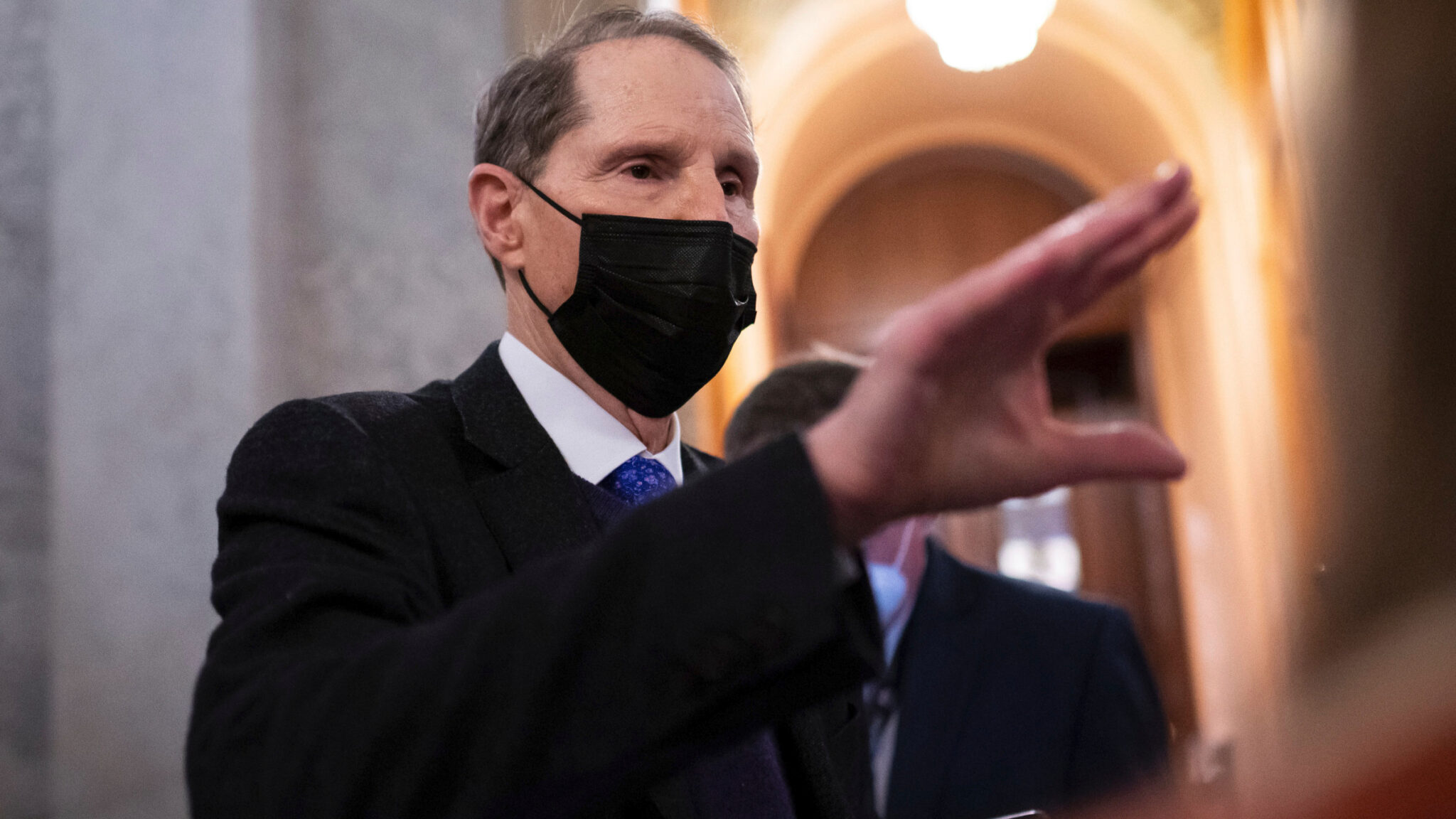
Senate Finance chair calls on Merck and Abbott to comply with his investigation into their offshore tax schemes
Senate Finance committee chair Ron Wyden (D-OR) on Wednesday sent follow-up letters to Merck and Abbott after both companies failed to answer questions and comply with his investigation into how a 2017 tax law helped slash tax rates for large, US-based pharma companies thanks to shifting profits offshore.
Last April, Wyden sent a stern letter to Merck’s CEO and president Robert Davis questioning the company’s ability to go from an effective tax rate of 22.9% in 2020 to less than half that a year later, down to 11% in 2021, thanks largely to Merck’s use of subsidiaries in several well-known low-or-zero tax jurisdictions.
Unlock this article instantly by becoming a free subscriber.
You’ll get access to free articles each month, plus you can customize what newsletters get delivered to your inbox each week, including breaking news.